Yoga has gained immense popularity in recent years, with people from all walks of life embracing this ancient practice. In this article, we will explore the origins of yoga, delve into its philosophy, discuss the different types of yoga, and highlight the numerous benefits it offers. Whether you’re a beginner or a seasoned practitioner, understanding the essence of yoga and its positive impact on physical, mental, emotional, and spiritual well-being is crucial. So, let’s embark on this enlightening journey together.
1. Introduction
In this fast-paced modern world, stress, anxiety, and sedentary lifestyles have become prevalent. Yoga provides a holistic approach to counter these challenges, promoting harmony and balance within the mind, body, and spirit. By combining physical postures, breath control, meditation, and ethical principles, yoga offers a path towards self-discovery and self-improvement.
2. What is Yoga?
At its core, yoga is a comprehensive system of practices that originated in ancient India. The word “yoga” is derived from the Sanskrit word “yuj,” meaning union or connection. It represents the union of the individual consciousness with the universal consciousness, fostering a sense of oneness and interconnectedness.
3. Origins of Yoga
Yoga has a rich history dating back thousands of years. It finds its roots in the ancient scriptures of India, particularly the Vedas and the Upanishads. The sage Patanjali is often credited with codifying the principles of yoga in his seminal work, the Yoga Sutras. Over time, yoga evolved and diversified, incorporating various schools and traditions.
4. The Philosophy of Yoga
Yoga encompasses a profound philosophy that extends beyond physical exercise. It embraces principles such as Yamas (ethical disciplines) and Niyamas (observances), which guide practitioners in leading a virtuous and balanced life. The philosophy of yoga emphasizes the interconnectedness of body, mind, and spirit, and encourages individuals to cultivate self-awareness, mindfulness, and compassion.
5. Types of Yoga
There are several paths or types of yoga, each catering to different needs and preferences. Some popular forms include Hatha Yoga, Ashtanga Yoga, Vinyasa Yoga, Kundalini Yoga, and Iyengar Yoga. These practices vary in their focus, intensity, and techniques, providing a diverse range of options for practitioners to explore and find their personal path.
6. Benefits of Yoga
Yoga offers a myriad of benefits that positively impact every aspect of our being. From physical health to mental clarity and emotional well-being, here are some of the remarkable advantages that yoga provides.
6.1 Physical Benefits
Regular yoga practice enhances flexibility, strength, and balance. It improves posture, tones the muscles, and increases overall body awareness. Additionally, yoga can alleviate chronic pain, enhance cardiovascular health, boost the immune system, and promote better sleep.
6.2 Mental Benefits
Yoga is renowned for its ability to calm the mind, reduce stress, and improve mental focus. Through breath control and meditation, practitioners develop a greater sense of mental clarity, emotional stability, and inner peace. It can also help manage anxiety, depression, and other mental health conditions.
6.3 Emotional Benefits
Yoga fosters emotional well-being by cultivating self-acceptance, self-love, and emotional resilience. It provides a safe space for individuals to explore and release emotional blockages, allowing them to experience greater joy, contentment, and emotional balance.
6.4 Spiritual Benefits
For those seeking a deeper spiritual connection, yoga serves as a transformative practice. It opens doors to self-transcendence, higher states of consciousness, and spiritual awakening. Yoga encourages individuals to explore their spiritual nature and discover their purpose in life.
7. Yoga and Stress Relief
One of the most remarkable benefits of yoga is its ability to alleviate stress and promote relaxation. The combination of physical movement, controlled breathing, and meditation activates the body’s relaxation response, reducing the production of stress hormones and inducing a state of calmness and tranquility.
8. Yoga for Flexibility
Flexibility is a key component of physical fitness, and yoga excels in improving flexibility. Regular practice gradually increases the range of motion in joints, stretches muscles, and improves overall suppleness. Regardless of age or fitness level, yoga offers a gentle yet effective way to enhance flexibility.
9. Yoga for Strength
Contrary to popular belief, yoga is not solely focused on flexibility; it also builds strength. Many yoga poses require practitioners to engage their muscles, creating functional strength that supports everyday movements. With consistent practice, yoga can help build lean muscle mass and improve overall physical strength.
10. Yoga for Relaxation
In today’s fast-paced world, finding moments of relaxation is essential for overall well-being. Yoga provides a sanctuary of calmness amidst the chaos, offering various relaxation techniques such as restorative poses, deep breathing exercises, and guided meditation. These practices promote relaxation, rejuvenation, and a renewed sense of vitality.
11. Conclusion
Yoga is much more than a physical exercise routine. It is a transformative practice that encompasses physical, mental, emotional, and spiritual dimensions of well-being. By embracing yoga, individuals can experience numerous benefits, including improved flexibility, strength, stress relief, and overall vitality. So, whether you’re a beginner or an experienced yogi, start your yoga journey today and unlock the boundless potential within you.
Frequently Asked Questions (FAQs)
Is yoga suitable for people of all ages?
Yes, yoga can be practiced by people of all ages. There are various styles and modifications available to accommodate different abilities and fitness levels.
How often should I practice yoga?
The frequency of your yoga practice depends on your schedule and personal preferences. Consistency is key, so aim for at least two to three sessions per week to experience the benefits.
Do I need any special equipment for yoga?
While some yoga props can enhance your practice, such as a yoga mat, blocks, or straps, they are not essential. You can start with just a comfortable space and clothing.
Can yoga help with weight loss?
While yoga alone may not result in significant weight loss, it can be a valuable complement to a healthy lifestyle. Yoga promotes mindfulness, body awareness, and may contribute to better self-care choices.
Is yoga a religious practice?
Although yoga has its roots in ancient spiritual traditions, it is not inherently religious. Yoga can be practiced as a purely physical and philosophical discipline, independent of any religious beliefs.

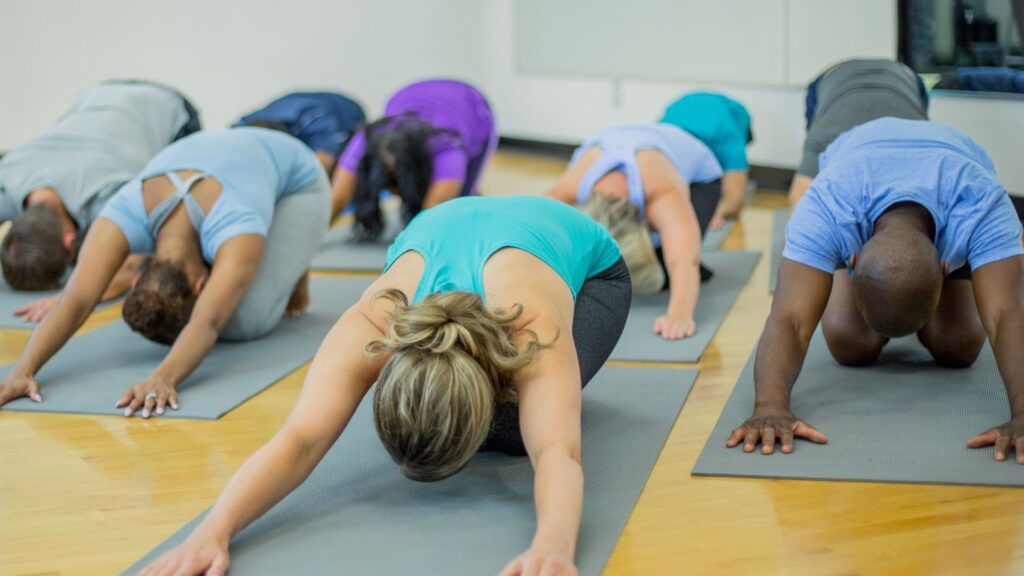
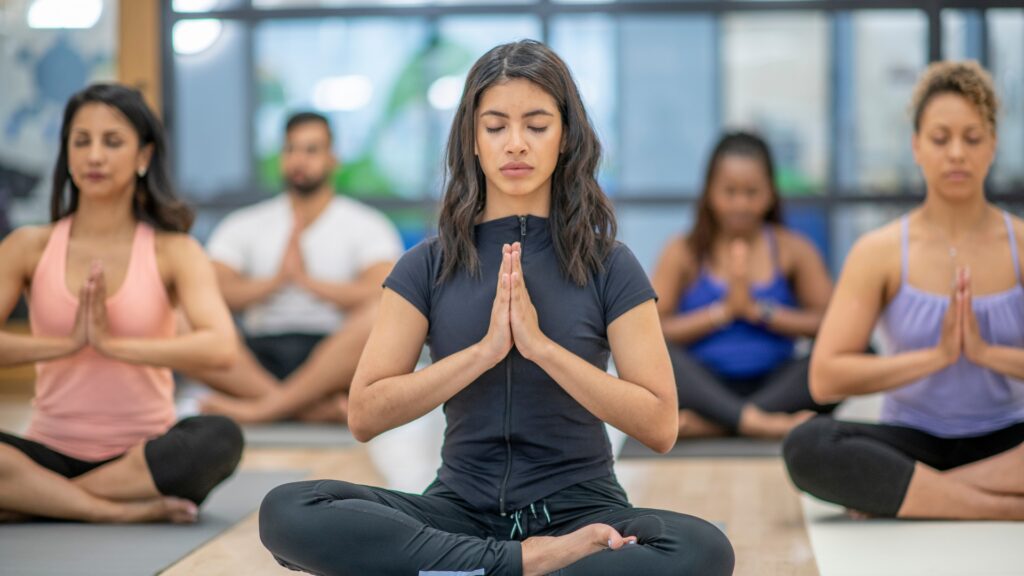
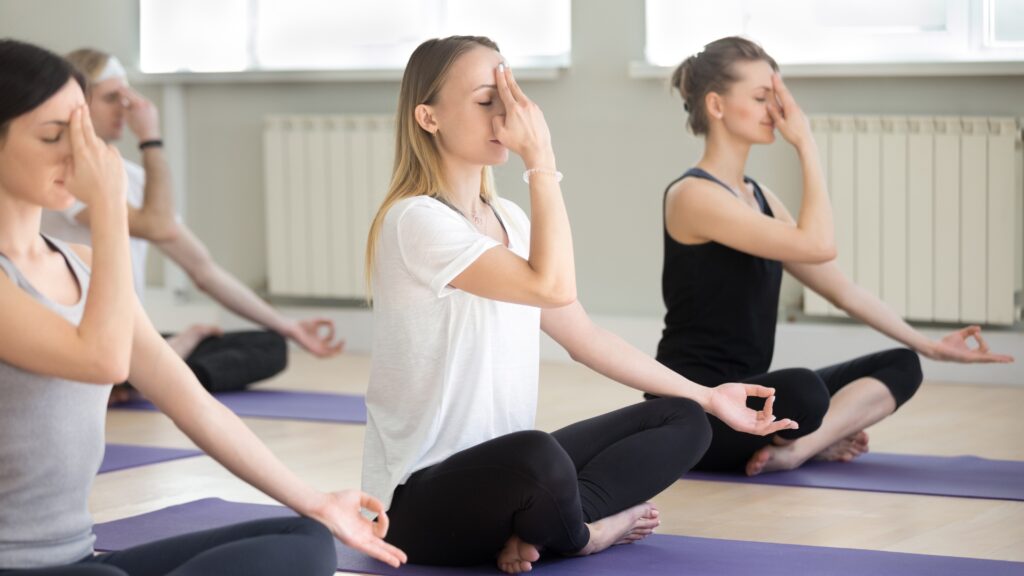
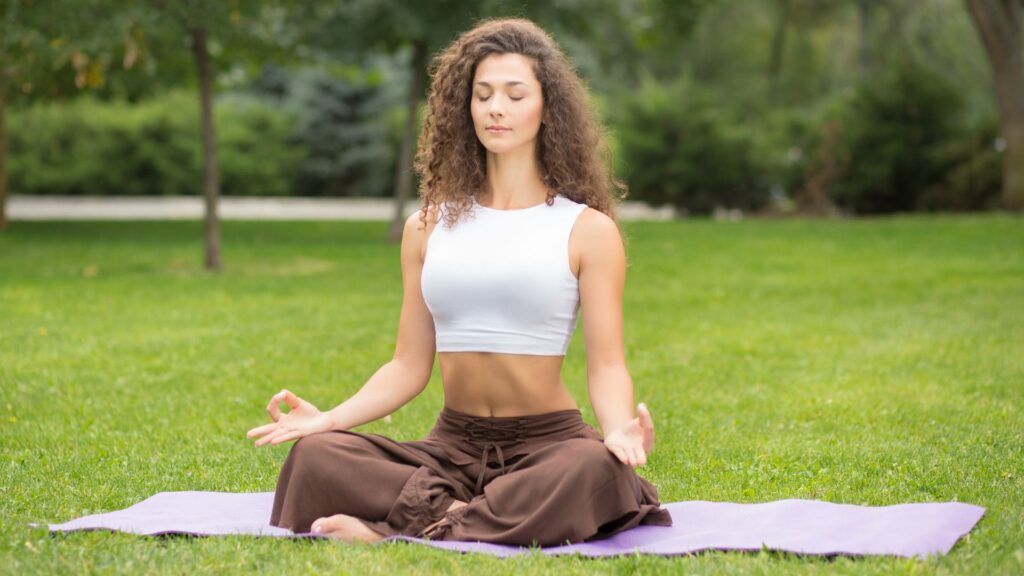
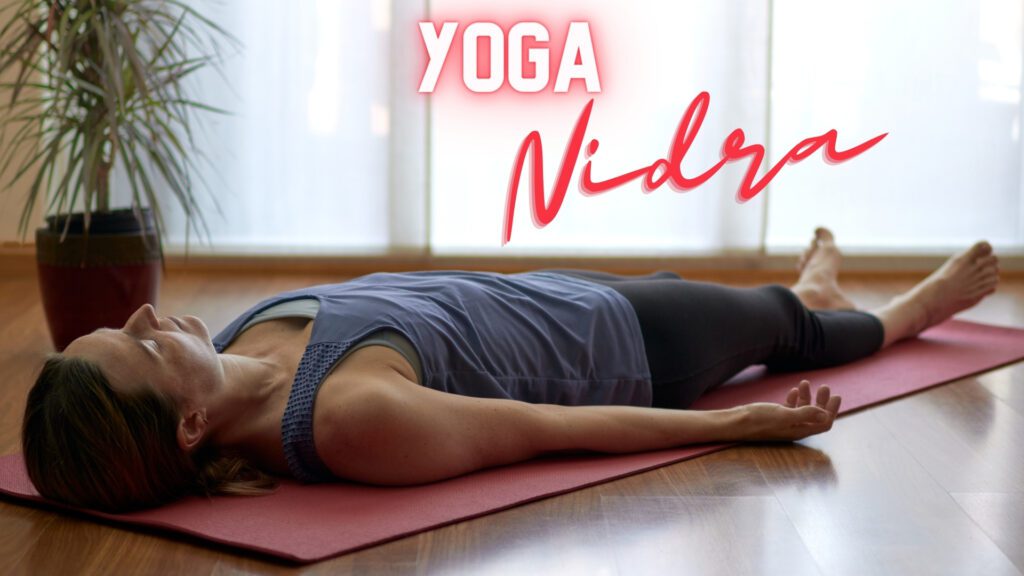
Pingback: Yoga Nidra - Master The Art For A Blissful Sleep Every Night